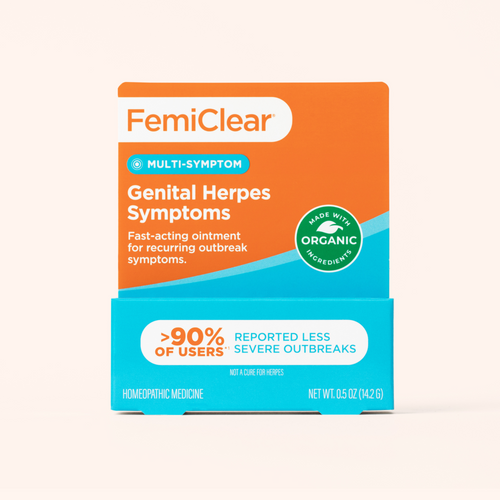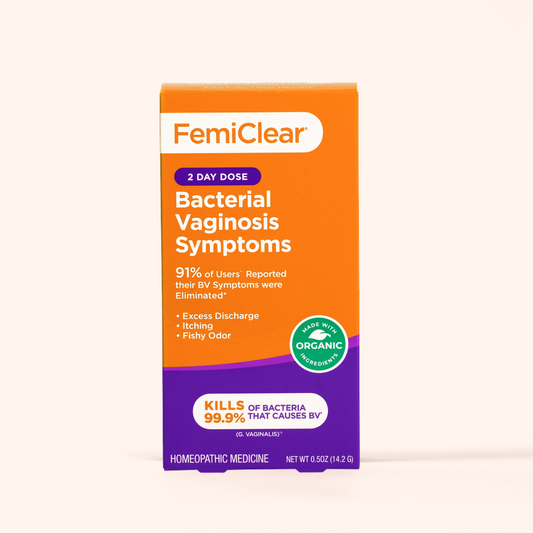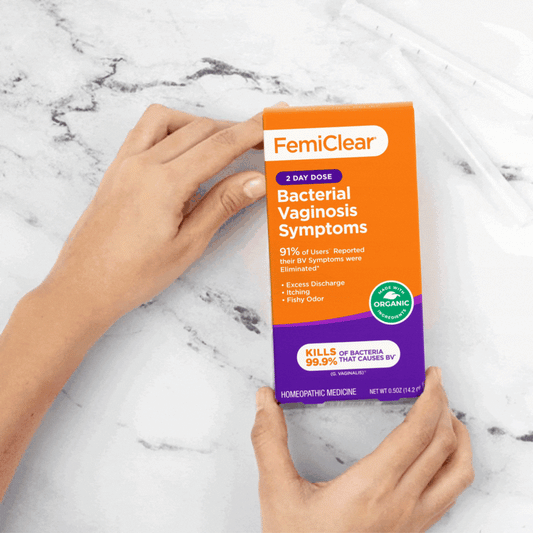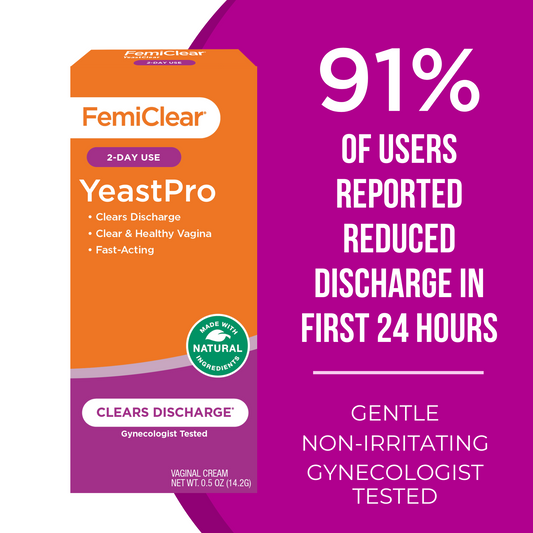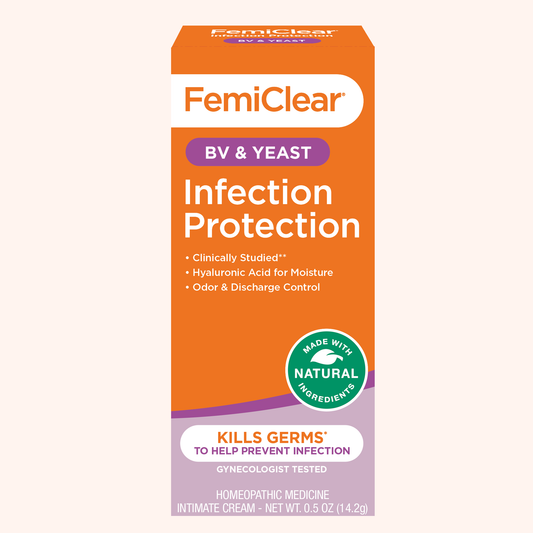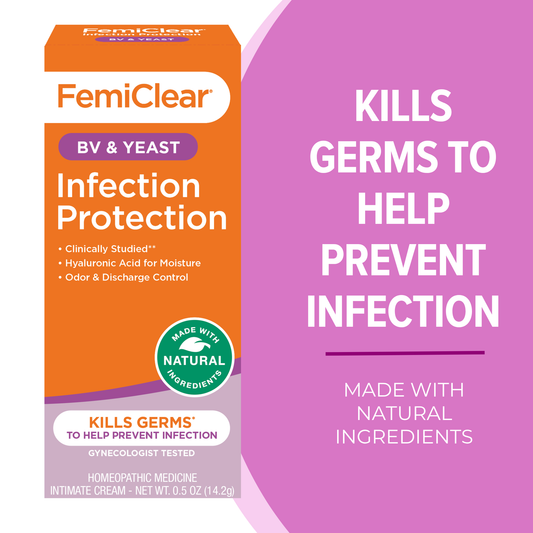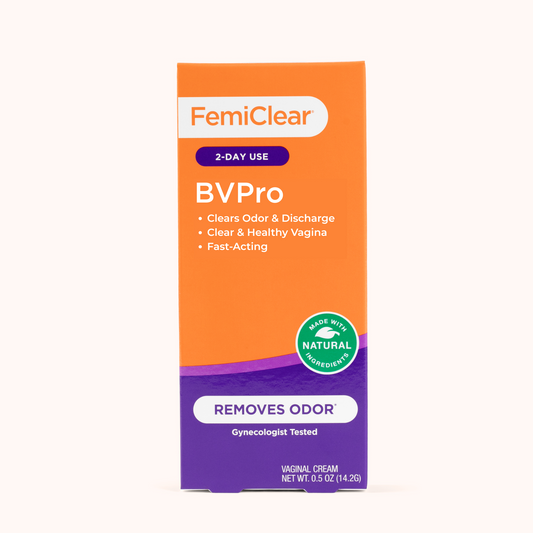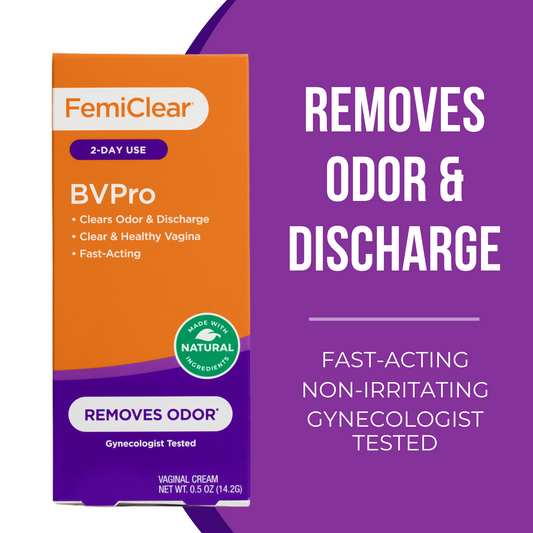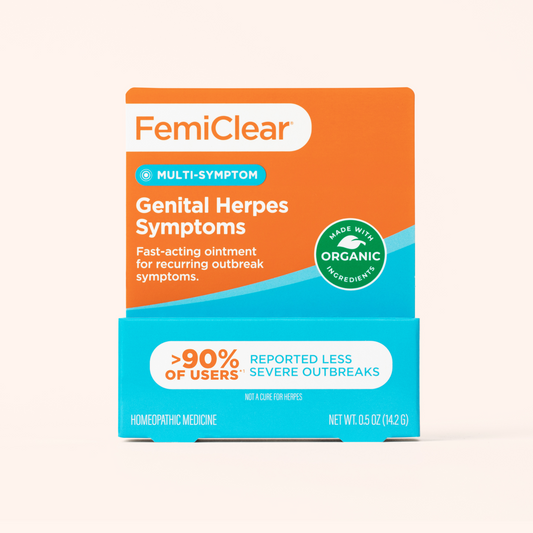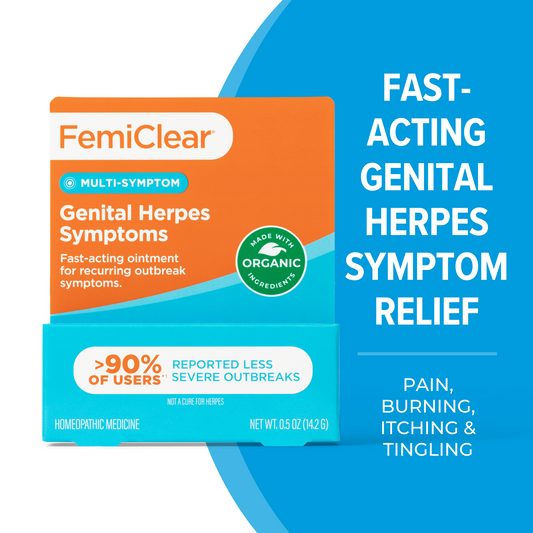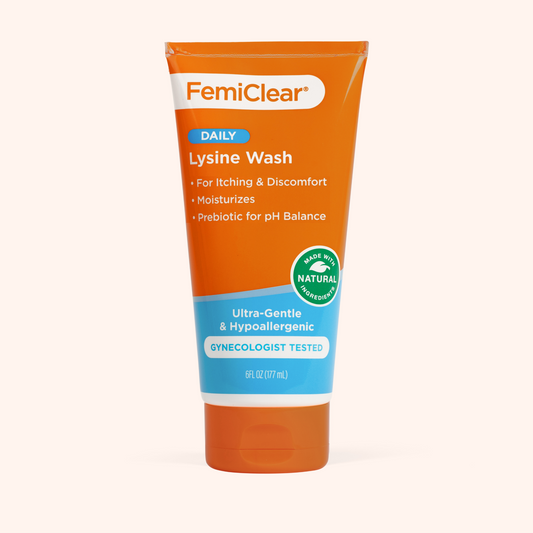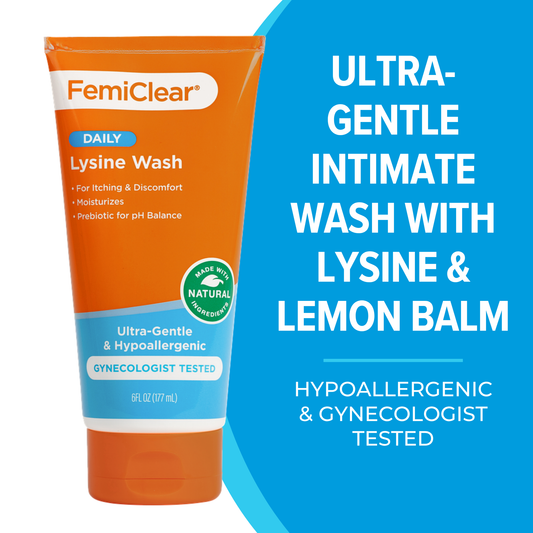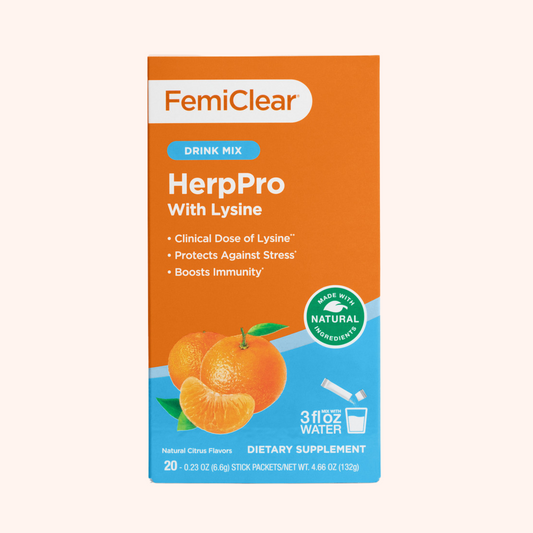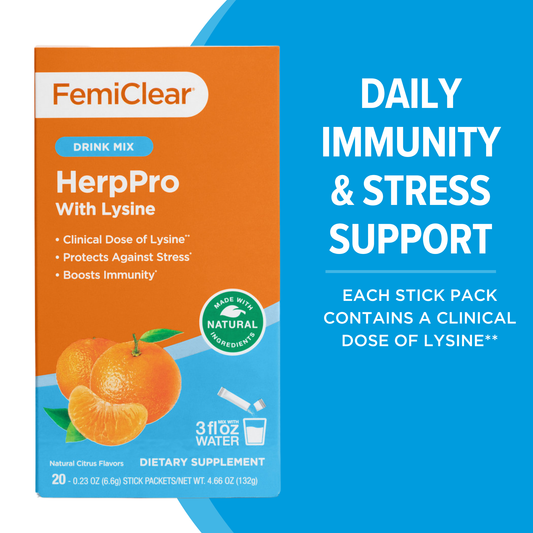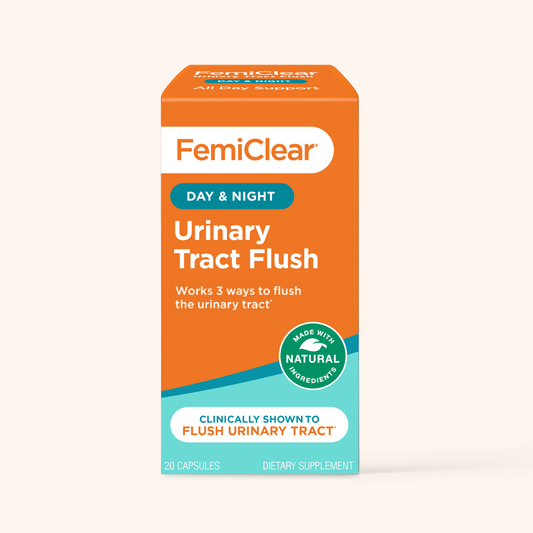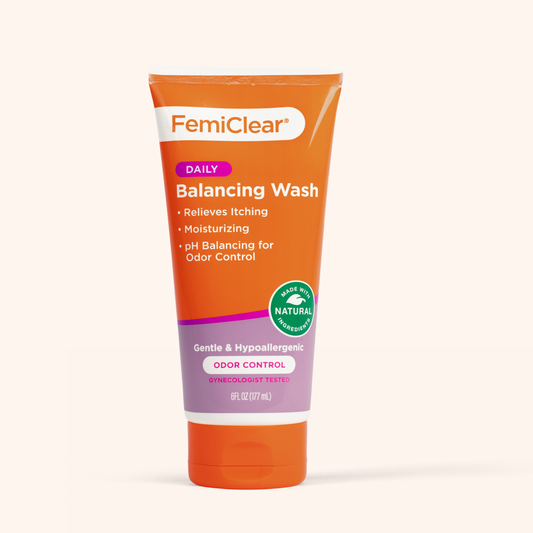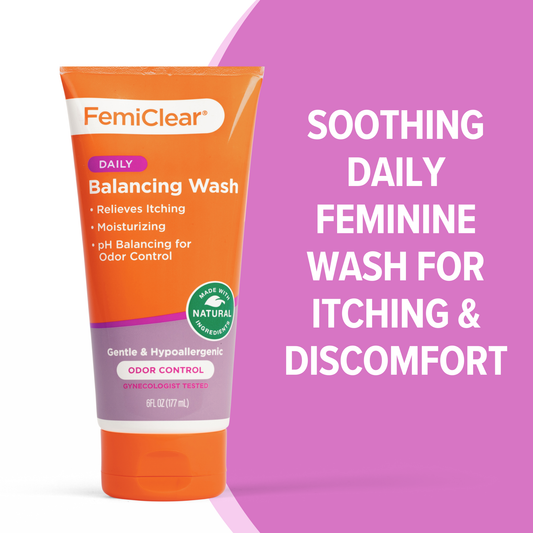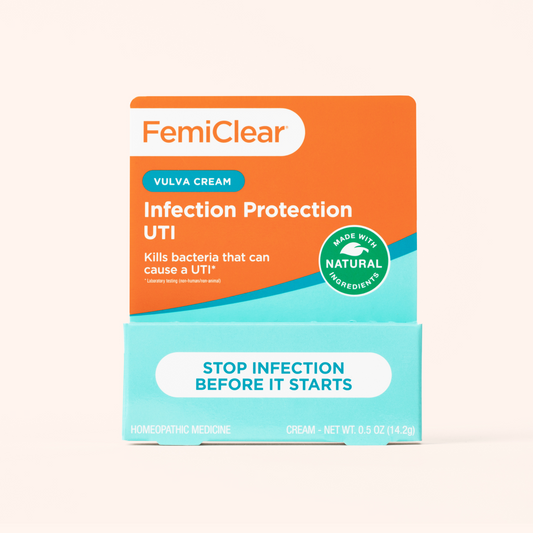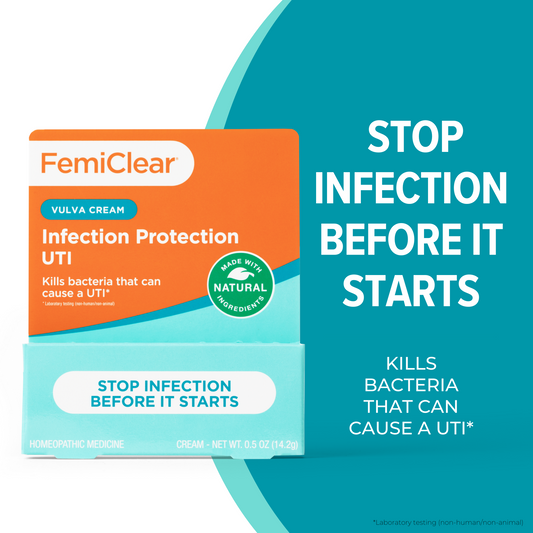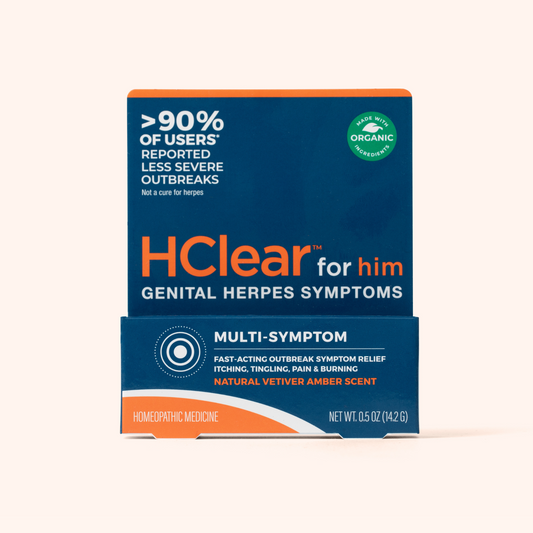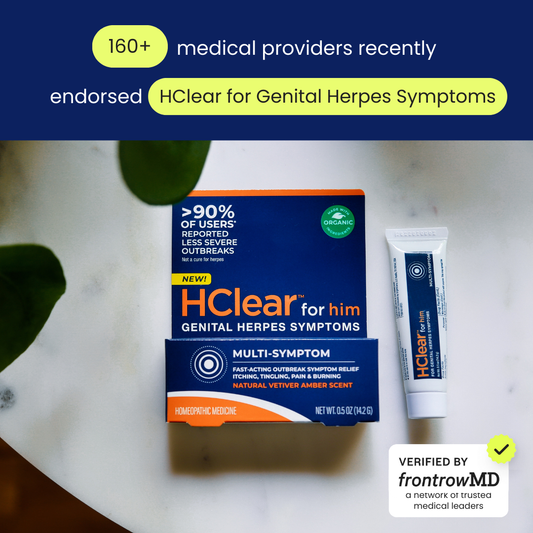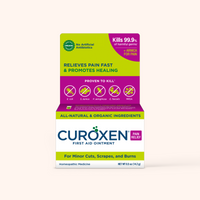Table of Contents
Table of Contents
Herpes FAQ: Answers to Common Questions About Symptoms and Treatment
Mar 30, 2022

When you get a diagnosis of genital herpes, so many questions run through your head. What exactly is this infection? How does herpes without symptoms affect me? How will I treat it? How will I tell the people in my life?
Despite how common herpes is, the persistent stigma and bias around around STI's leaves many people in the dark about their condition. So, when a diagnosis happens, you’re desperately searching for answers.
We created this genital herpes FAQ to be a solid resource, not only for women with herpes, but for the greater community, too. The more people learn about genital herpes, the better. More information = less stigma. Less stigma = better health. Better health = better quality of life.
Here are some of the most common herpes FAQ's people have about genital herpes.
How common is genital herpes?
Incredibly common! According to the World Health Organization, an estimated 491 million people aged 14-49 (13%) worldwide have genital herpes. Here in the US, that’s about 1 in 6 people ages 14-49. In fact, herpes is more common in women than men, with 1 in 5 women having herpes to 1 in 9 men.
Many people either don’t know they have it and/or haven’t been diagnosed. Either way, genital herpes is not rare. If you don’t have it yourself, you definitely know someone who does!
What is the difference between HSV-1 and HSV-2?
Herpes comes in two variations, called HSV-1 and HSV-2.
HSV-1 is transmitted orally and most often causes cold sores on the face or lips. It can, however, also cause genital herpes with oral to genital contact. Many people have HSV-1. If you’ve ever had a cold sore, you have it!
HSV-2 is a sexually-transmitted infection that causes genital herpes. It is spread through genital contact or contact with sores or fluids.
Yes, it is possible to have both HSV-1 and HSV-2 infections.
Can you have herpes without having any symptoms or getting outbreaks?
Yes. Even if you’ve never had an outbreak or any signs of herpes, you may still have genital herpes. Herpes can live in the body for months or years without any outward signs (hence, why many people don’t even know they have it!).
People often find out they have herpes after they have been exposed for a partner or previous partner is diagnosed and discloses infection). If you do not experience outbreaks or have any other herpes symptoms, your medical provider can order a blood test that will show if you have herpes or not and provide you the correct herpes treatment.
Can you transmit or get herpes without an outbreak?
You can still spread herpes (or get it) without having any symptoms or outbreaks. According to research, the chance of transmission without an outbreak is about 10% (with an outbreak, it’s about 20%). So, it’s key to be clear and communicative with partners about your herpes status, and to use condoms or other barriers.

Can you spread genital herpes if you use protection?
It’s always a good idea to use protection when you’re having sex. But yes, you can actually still transmit herpes even if you or your partner is wearing a condom or barrier. The chance is small, but because herpes can live anywhere on the genitals (aka not just where a condom covers), there is still a possibility.
The best way to avoid transmission is to avoid genital-to-genital (or genital to hand, or genital to mouth) contact while you or your partner is having an outbreak, as that’s the most common time when transmission happens. But because the herpes virus is always alive inside the body, there is never a time where the risk of transmission will be zero however with proper management you can have a normal sex life with herpes.
How do people get tested for herpes?
If you have a herpes outbreak with blisters and sores, your medical provider will take a swab from that area and send it to a lab to be tested. If you do not have an outbreak or symptoms, you can be STD tested through a simple blood sample.
Can herpes be cured?
Unfortunately, no. As a sexually-transmitted infection, there currently no cure for herpes. There are ways to treat it and lessen the occurrence of outbreaks, such as prescription antiviral drugs. There are also great ways to soothe yourself during an outbreak, like with our all-natural FemiClear products. We are hopeful that one day, there will be a cure for herpes. Until then, we’ll be busting stigmas and supporting people with genital herpes.
Are there treatments or therapies for herpes?
As we mentioned above, there is no cure for genital herpes. But there are treatments! Prescription antiviral medication (like valcyclovir or acyclovir) can keep outbreaks at bay and help lessen their severity when they do happen. Taking them either daily or as-needed are both options for these types of medications.
Other, more natural treatments exist as well. Some people like to take the supplement lysine, as it’s thought to prevent outbreaks. Our FemiClear products such as cream for genital herpes or our men's herpes treatment are proven to help you feel better during outbreaks by reducing pain and lessening symptoms. Herbal treatments, like sitz baths and salves, also prove soothing for some women with genital herpes.
Effectively managing stress and seeking stress support is another important factor in reducing outbreaks. Stress can weaken the immune system, making it easier for the herpes virus to reactivate. Practicing stress management techniques, such as mindfulness, yoga, deep breathing exercises, or regular physical activity, may help lower the frequency of outbreaks and improve overall well-being.

Remember, you are not alone. Let us know what other questions you may have by sending an email or private message on Instagram or Facebook.
Mar 30, 2022

Multi Symptom Relief for Genital Herpes Symptoms
Kills 99.9% of the herpes simplex I & II viruses*
Learn More